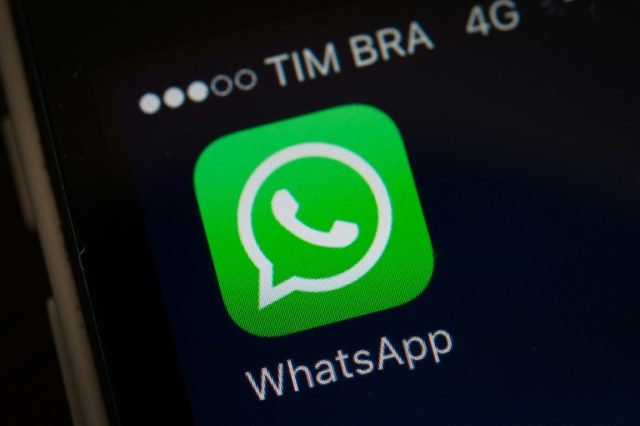Two consumer privacy watchdog groups have filed a formal complaint to the FTC in response to WhatsApp’s announcement last week that they would start sharing user data with their parent company Facebook.
The Electronic Privacy Information Center (EPIC) and the Center for Digital Democracy (CDD) have both filed formal complaints in what they are describing as “an unfair and deceptive trade practice” on WhatsApp’s behalf.
“When Facebook acquired WhatsApp, WhatsApp made a commitment to its users, to the Federal Trade Commission, and to privacy authorities around the world not to disclose user data to Facebook,” said EPIC president, Marc Rotenberg in a statement. “Now they have broken that commitment.”
The two groups also highlight their complaint filed in 2014, after Facebook acquired WhatsApp for $22 billion, where they stated, “WhatsApp built a user base based on its commitment not to collect user data for advertising revenue.”
Acting in reliance on WhatsApp representations, Internet users provided detailed personal information to the company including private text to close friends. Facebook routinely makes use of user information for advertising purposes and has made clear that it intends to incorporate the data of WhatsApp users into the user profiling business model. The proposed acquisition will therefore violate WhatsApp users’ understanding of their exposure to online advertising and constitutes an unfair and deceptive trade practice, subject to investigation by the Federal Trade Commission.
WhatsApp updated their terms and privacy policy update last week, announcing “Today, we’re updating WhatsApp’s terms and privacy policy for the first time in four years, as part of our plans to test ways for people to communicate with businesses in the months ahead.”
People use our app every day to keep in touch with the friends and loved ones who matter to them, and this isn’t changing. But as we announced earlier this year, we want to explore ways for you to communicate with businesses that matter to you too, while still giving you an experience without third-party banner ads and spam. Whether it’s hearing from your bank about a potentially fraudulent transaction, or getting notified by an airline about a delayed flight, many of us get this information elsewhere, including in text messages and phone calls. We want to test these features in the next several months, but need to update our terms and privacy policy to do so.
Though the company added that they “won’t post or share your WhatsApp number with others, including on Facebook, and we still won’t sell, share, or give your phone number to advertisers”, WhatsApp confessed to their plans to still share other user data with Facebook and partners.
But by coordinating more with Facebook, we’ll be able to do things like track basic metrics about how often people use our services and better fight spam on WhatsApp. And by connecting your phone number with Facebook’s systems, Facebook can offer better friend suggestions and show you more relevant ads if you have an account with them. For example, you might see an ad from a company you already work with, rather than one from someone you’ve never heard of.
Users can still opt out of having their data shared with Facebook, however they must do so manually, and have less than 30 days.
Charlie Nash is a reporter for Breitbart Tech. You can follow him on Twitter @MrNashington or like his page at Facebook.

COMMENTS
Please let us know if you're having issues with commenting.